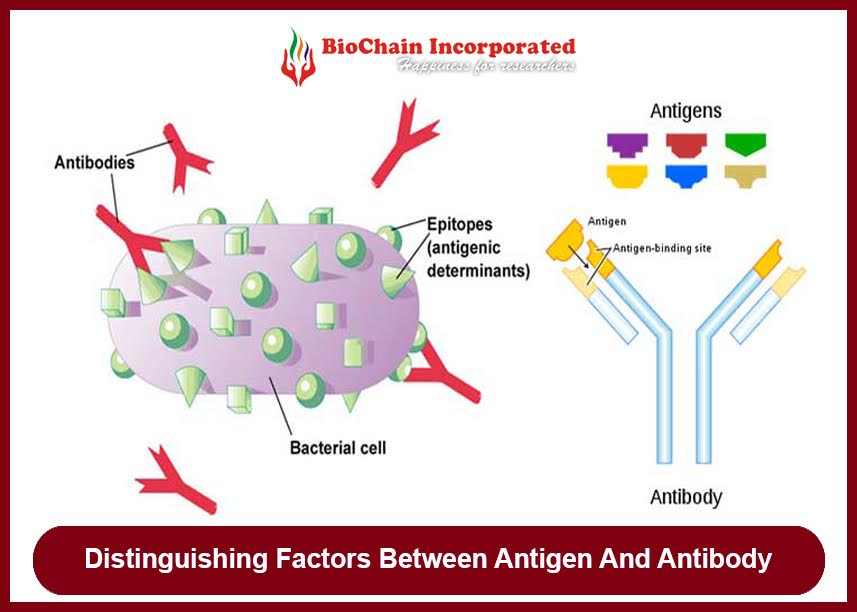What Are The Basic Differences Among Antigens And Antibodies?
While antigens are known as molecules capable of an immune response stimulation, Custom Antibodies are Y-shaping proteins. Know how they are different.
Each antigen has different surface epitopes or features that result in specific responses. On the other hand, the antibody suppliers state that antibodies are produced by B cells of our immune system. And it forms generally in response to exposure to the antigens. Every antibody consists of a paratope that recognizes a specific epitope on the antigen. This acts like a lock and key binding mechanism.
Differences Between Antigen And Antibody
-
While antigen is a substance that induces an immune response, antibodies are proteins that recognize and combine with antigens. In antigens, the proteins are usually polysaccharides, nucleic acids, or lipids. But that's not the case with antibodies as they are complete proteins.
-
The origin of antigens takes place within the body or either externally. But antibodies originate only within the body and there is no scope for external origin. When talking about specific binding sites, antigens are epitopes while antibodies are paratope.
-
Lastly, the binding of antibodies helps to eliminate the presence of antigens in the body. This takes place either by direct neutralization or by “tagging” for some other arms of the immune system in our body.
The Role Of Both In Diagnostics
-
When someone has an infection with a pathogen like SaRS-CoV-2, their body produces antibodies. These binds specifically to the present antigens that help in the elimination of pathogens. Furthermore, one can harness this binding to develop antigen and antibody-based diagnostic tests. An antibody is responsible for revealing infection.
-
If you have any sort of exposure to infections, then the antibody will detect it by your blood or serum. This can be done easily by conducting a laboratory test such as CIA (chemiluminescent immunoassay) or an ELISA. ELISA stands for (Enzyme-Linked Immunosorbent Assay). There are some other tests as well.
-
Antibody tests are not often in use to diagnose present infection as it takes the body a certain time to generate antibodies. During the time before the adaptive, immune system kicks in, the rapid-acting and non-specific innate immune response fight infection. There are chances of false tests occurring.
-
On the other hand, an antigen test reveals whether the person presently has some sort of infection by a pathogen or not. Once the infection enters, the antigen disappears in the body. This is how both antibodies and antigens work in the field of diagnosis and both have equal relevance.
Conclusion:
Get a wide assemblage of information about antigens and antibodies from Biochain. They are a proven seller of antibodies. With consistent services and delivery of products, they have become a leading Biotech company committed to provide high quality antibodies. So, head over to their website today.



.png)
.png)

.png)


.png)
.png)
.png)
.png)